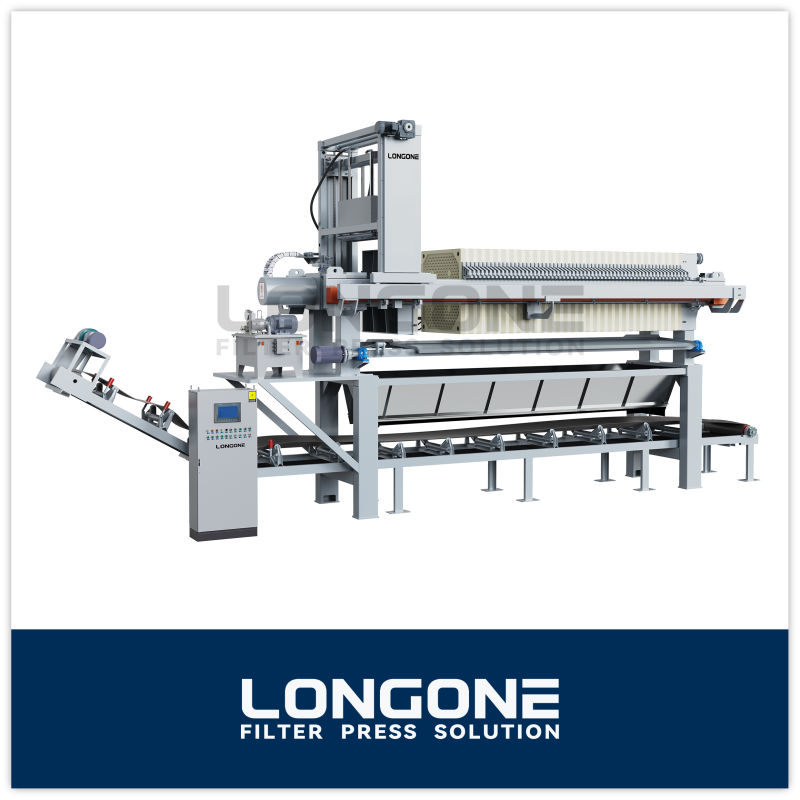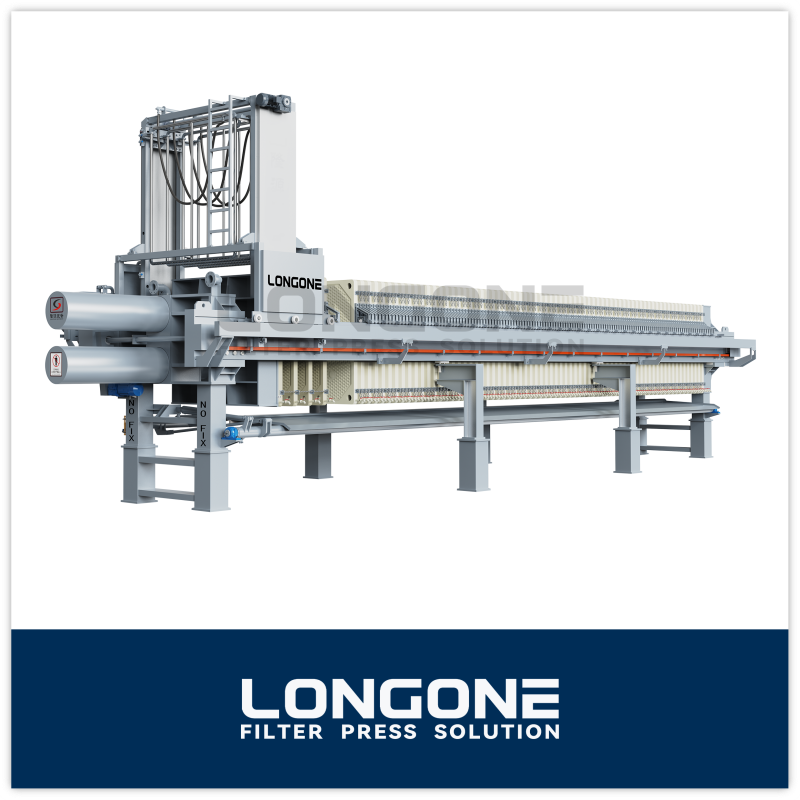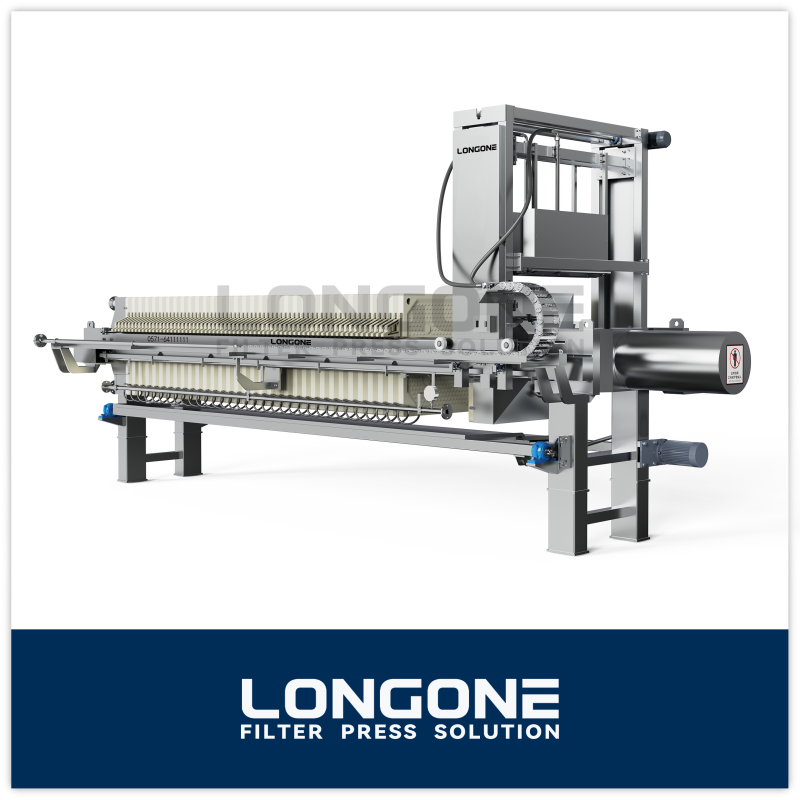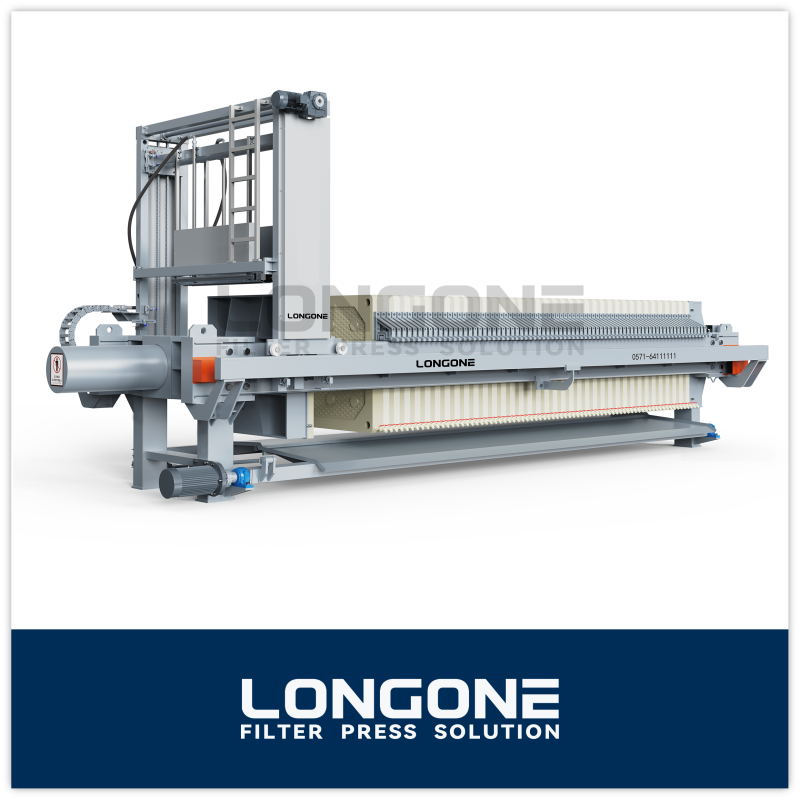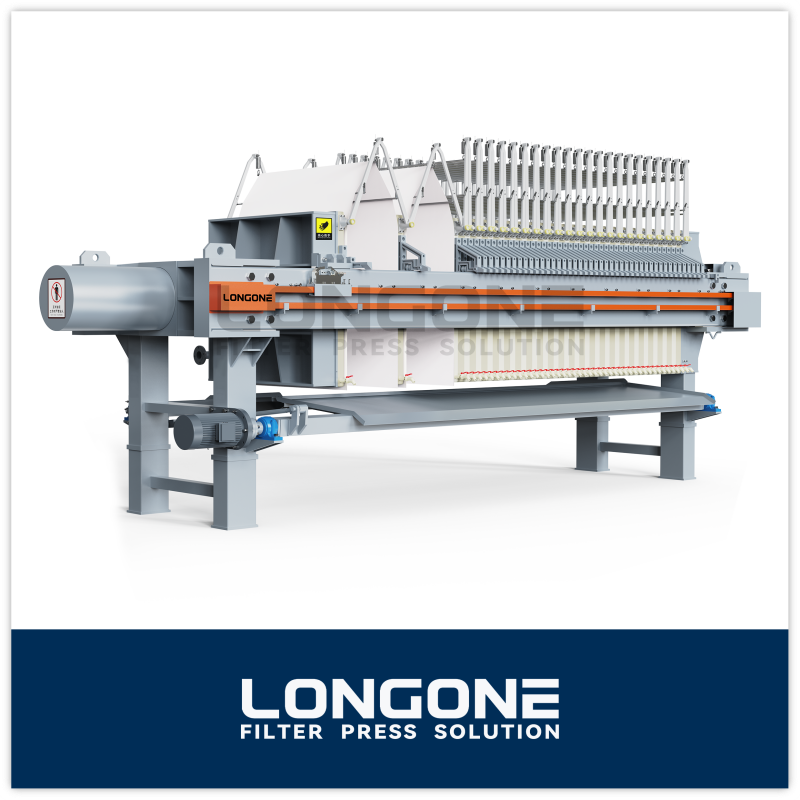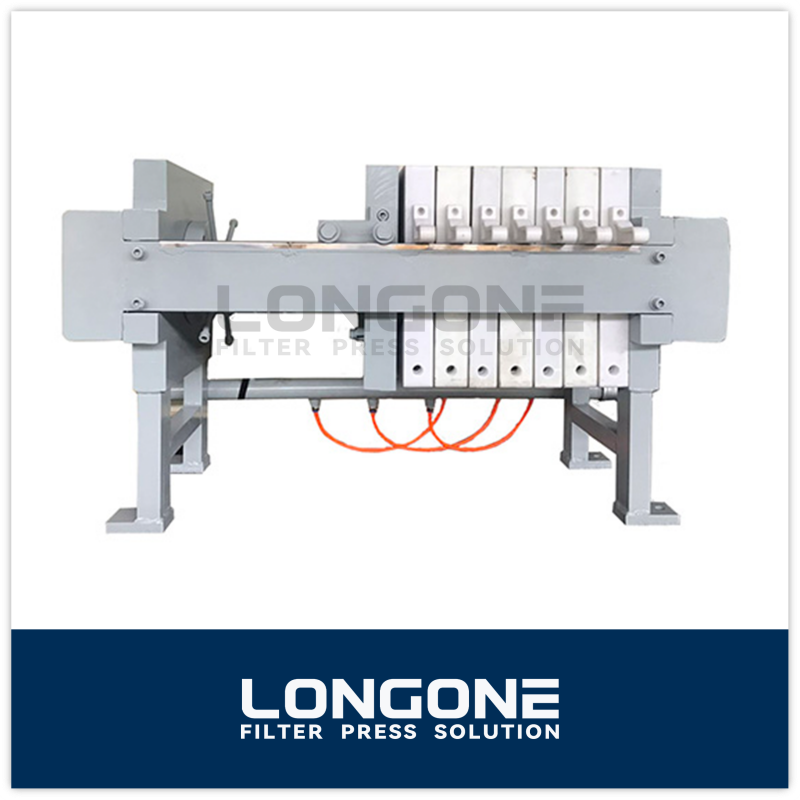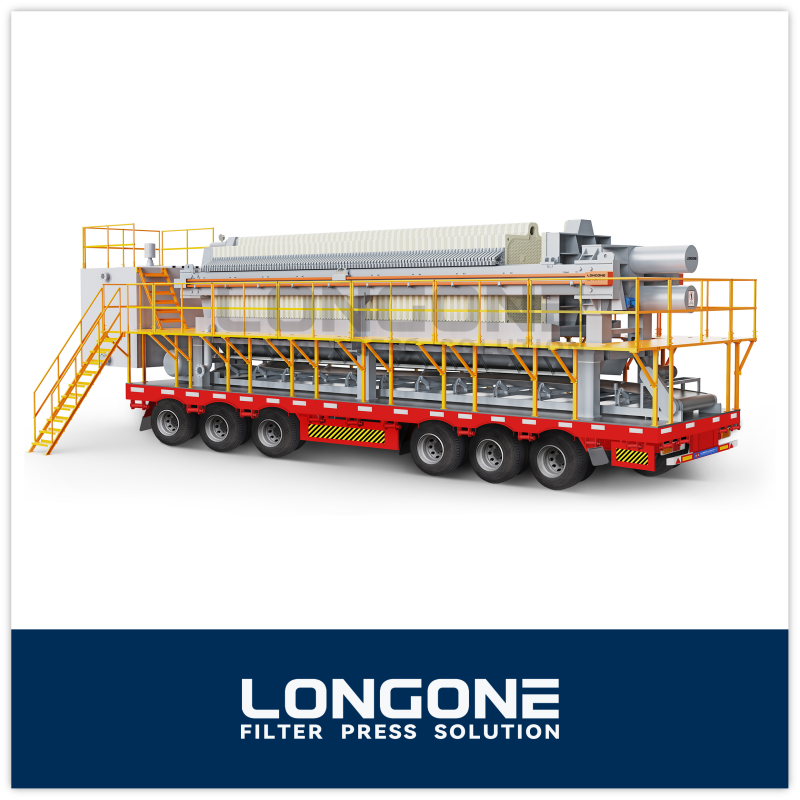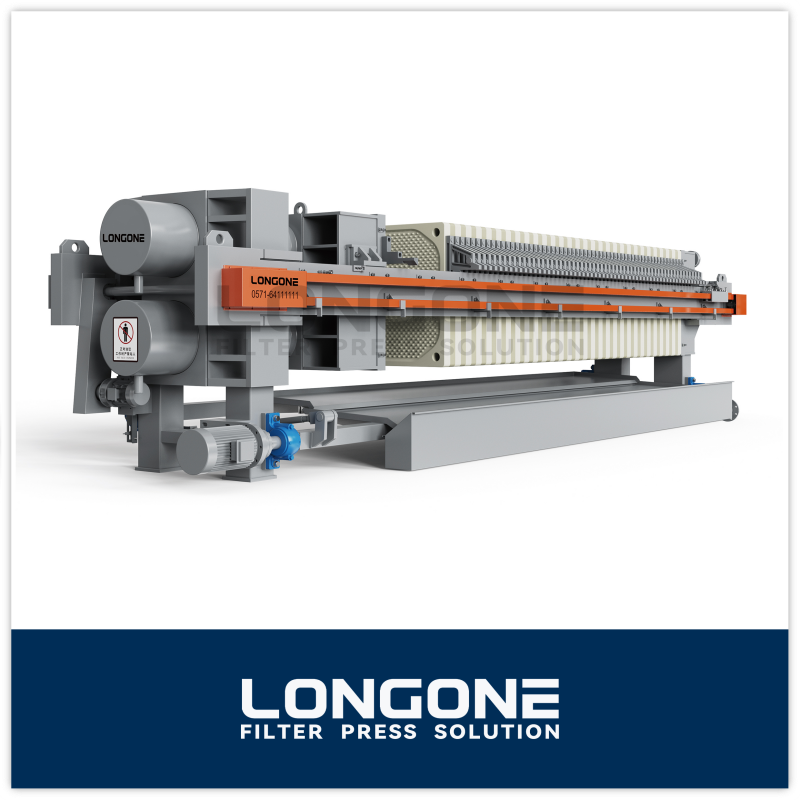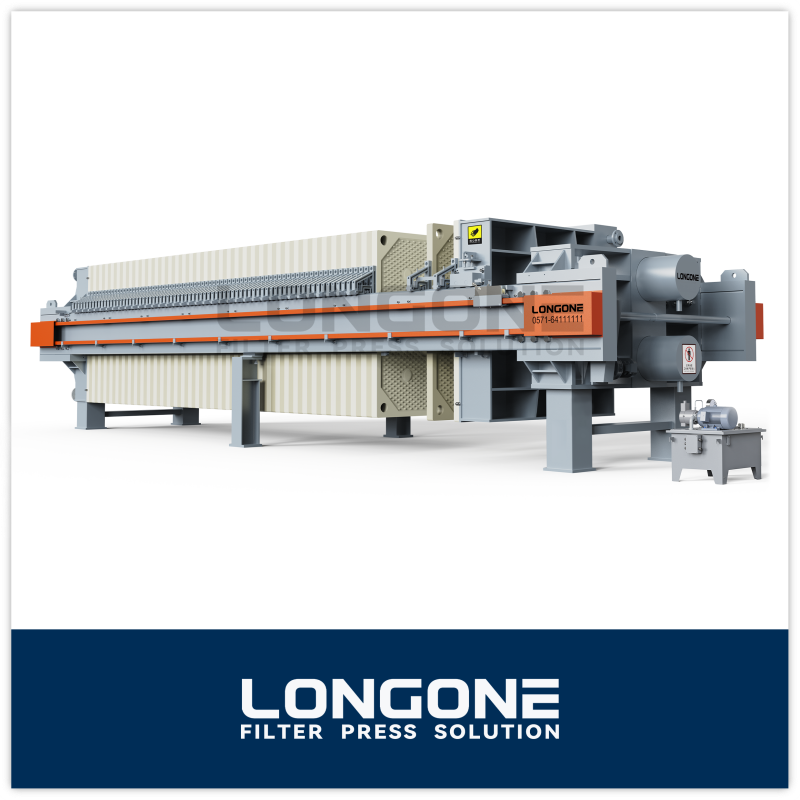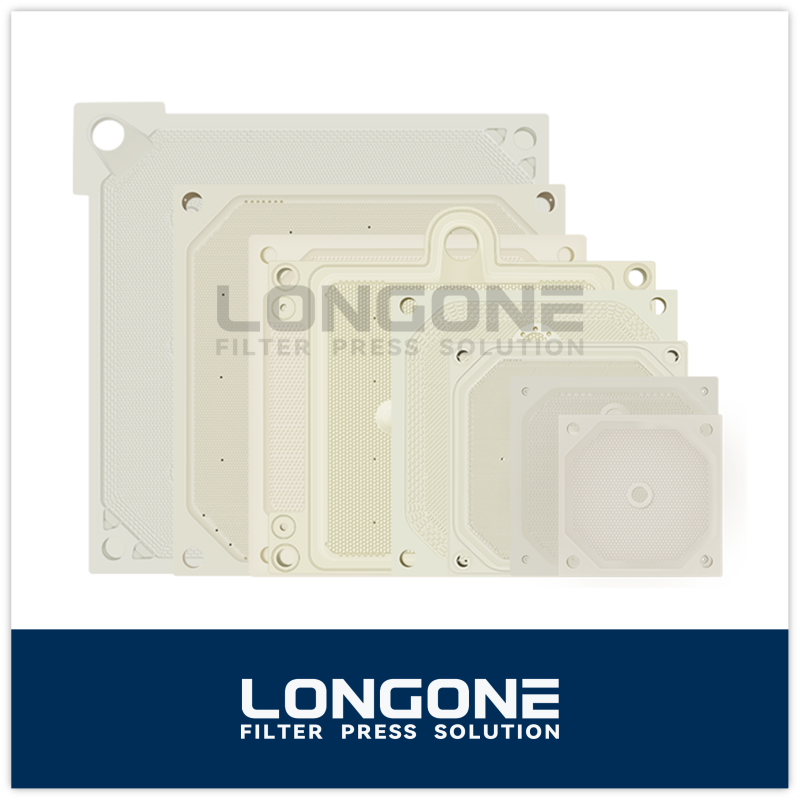Proper maintenance of a automatic filter press is crucial for ensuring your water treatment system operates efficiently and with minimal issues. When maintained correctly, a plate and frame filter press is an incredibly effective tool for water filtration. Routine maintenance involves attention to key components of filter press like hydraulic fluid cleanliness, oil levels, the hydraulic cylinder, the power unit, and the slurry feed pump. Let’s break down the importance of each part and explore how to keep your automatic filter press in top condition. Whether you’re a seasoned user or new to automatic chamber filter presses, this guide will provide everything you need to know about maintaining them.
Regular Cleaning is Critical:
Consistent cleaning is vital to the longevity of your filter press. Slurry, especially in liquid form, can be quite messy, leading to clogging, debris accumulation, and even broken parts if left unchecked. By cleaning your automatic filter press regularly, you prevent common problems and extend its operational life. Certain parts of the filter press, like the filter plates, can easily become clogged with sludge and should be cleaned between cycles. The buildup of solids can interfere with the efficiency of the system.
Filter cloths, which play a key role in trapping solids, need frequent pressure washing to remain effective. Clogged filter cloths slow down the filtration cycle and result in wetter filter cakes—both signs that your filter cloths need cleaning. If neglected, this may lead to binding, and at that point, an acid wash or even replacement of the filter cloths could be required.
Routine Daily Maintenance:
Beyond cleaning, there are several critical steps for daily maintenance that help ensure optimal operation. A well-maintained filter press can run for long periods without significant issues, and daily attention is key to achieving that level of performance.
Maintain a Press Log: Creating a detailed log of operational data is one of the best ways to monitor performance and spot potential issues before they become major problems. Important metrics to log include cycle time, cake consistency (both edge and center), air blowdown time, and filtrate clarity. Having a benchmark allows you to track irregularities early, helping to prevent system failures.
Check Hydraulic Oil Quality: One of the most crucial aspects of plate and frame filter press maintenance is ensuring the hydraulic oil is clean. Dirty oil can severely damage system components, leading to failure and costly downtime. Regularly sample the oil and replace it as needed to keep the system running smoothly. Dirty or low oil levels can cause inefficiency in the hydraulic power unit, while oil that gets too hot could result in a total system breakdown. It’s a good practice to change the oil filter whenever you change the oil to further prolong the life of the automatic filter press.
Inspect for Leaks: Regularly examine the hydraulic lines and fittings for leaks. Even small leaks can rapidly escalate into more serious problems, so addressing them early is important. Tighten any loose fittings, or replace them and the hoses if necessary to avoid further damage.
Secure Nuts and Bolts: Ensure that all nuts, bolts, and fittings are properly tightened. Loose components can cause malfunctions or damage to the automatic chamber filter press, so securing them during daily inspections is vital. For future maintenance, mark the bolts and surrounding areas so that you can quickly spot any changes during your next check.
Safety Systems Check: Always verify that the automatic chamber filter press's safety systems are functioning correctly. If any safety device is found to be defective, immediately lock out the press and conduct necessary repairs. Prioritizing safety checks prevents accidents and ensures that your system runs smoothly.
Monitor Power Units and Slurry Feed Pump: Keeping an eye on the power unit and slurry feed pump is equally essential. Any irregularities in performance, such as strange noises, unusual pressure levels, or inconsistent flows, should be addressed immediately. Regular checks on these systems reduce the risk of operational disruptions.
By following a consistent maintenance routine, which includes cleaning and daily checks, you can ensure that your filter press remains efficient, effective, and durable. Proper attention to key components such as the hydraulic system, filter cloths, and safety features not only improves overall performance but also reduces the likelihood of unexpected breakdowns and costly repairs.
Choose Longone for Your Filter Press Needs:
Longone has established itself as a leading provider of automatic chamber filter presses, components, and mobile wastewater treatment solutions. With decades of experience in the industry, Longone delivers high-quality products and exceptional service. Their expertise allows them to conduct water optimization audits, ensuring the best wastewater treatment solution for your industry.
Contact Longone today to discover how their products and services can enhance your water treatment processes and improve overall efficiency.


